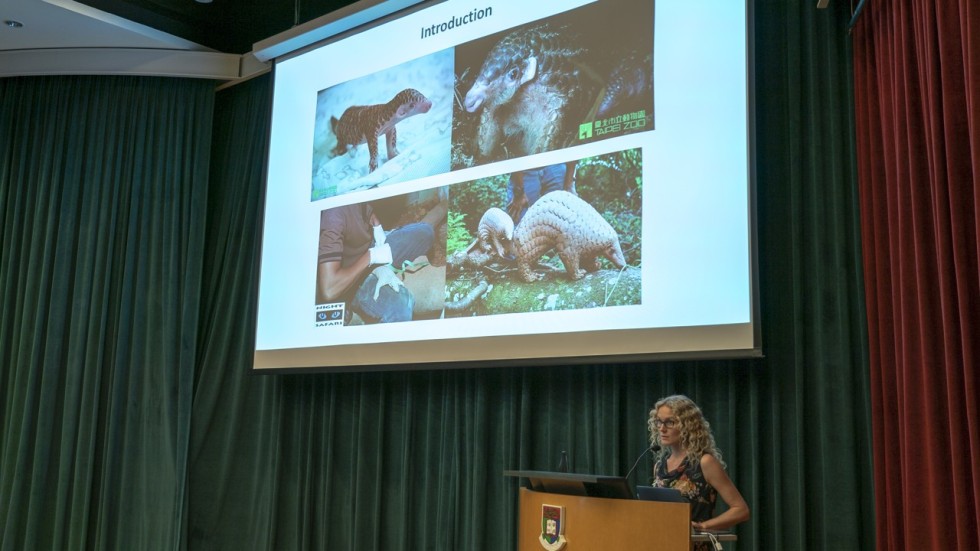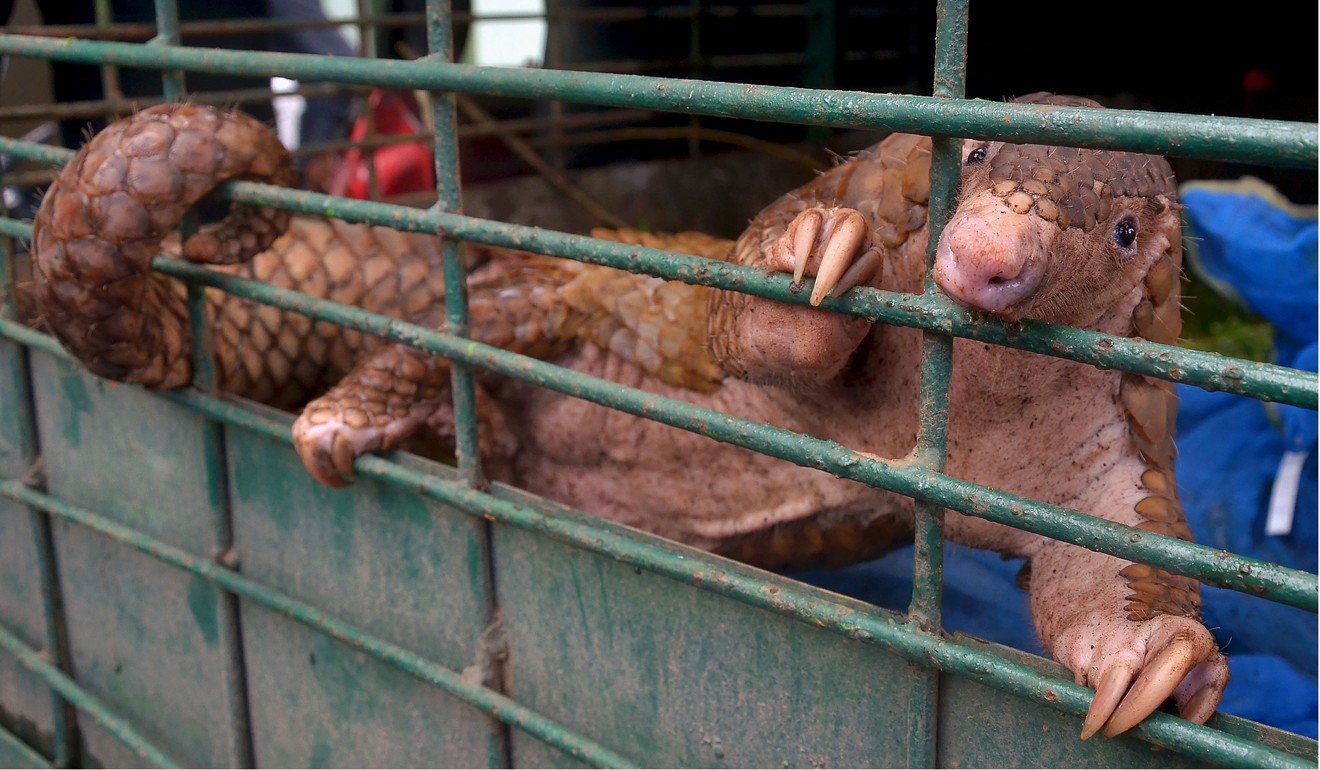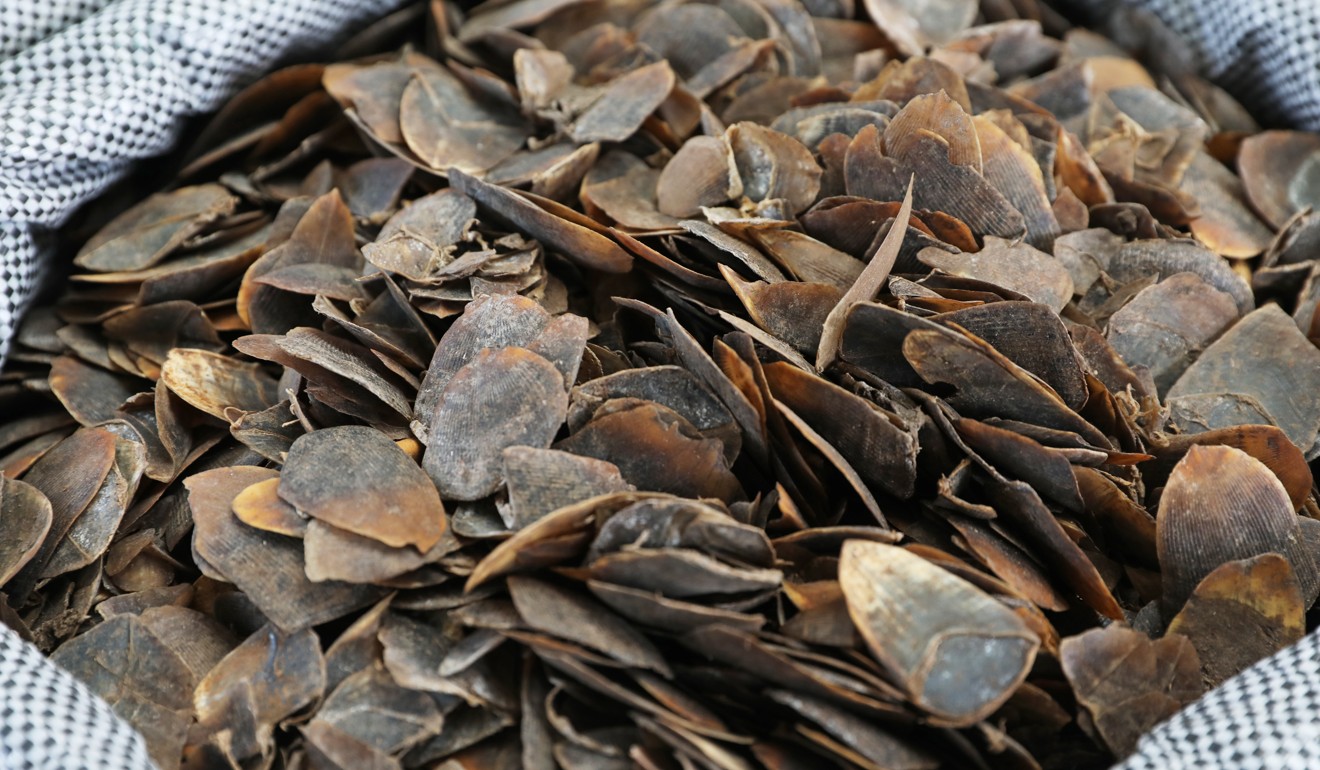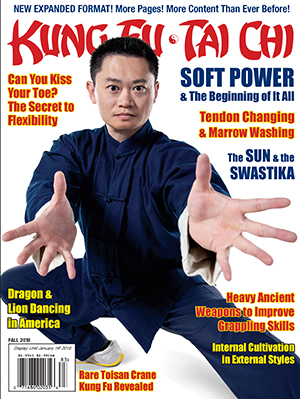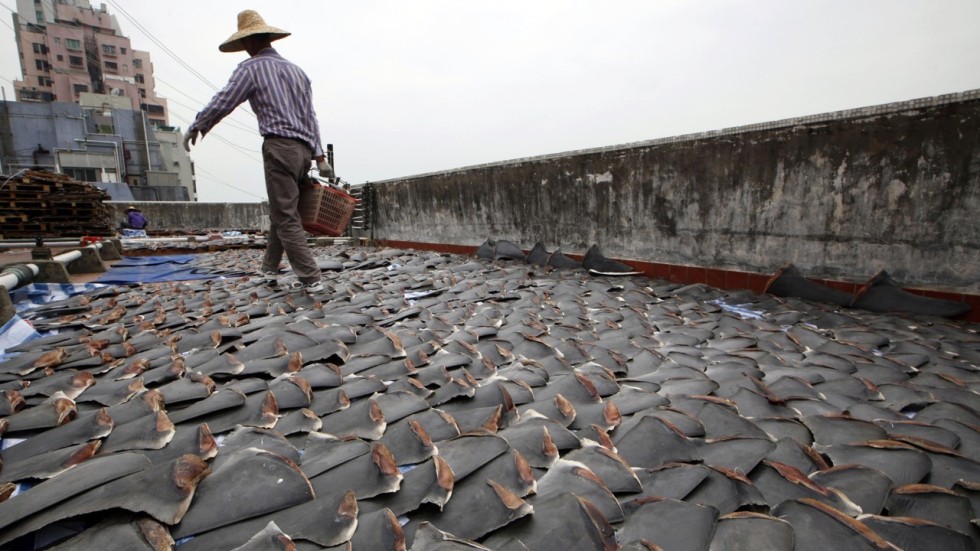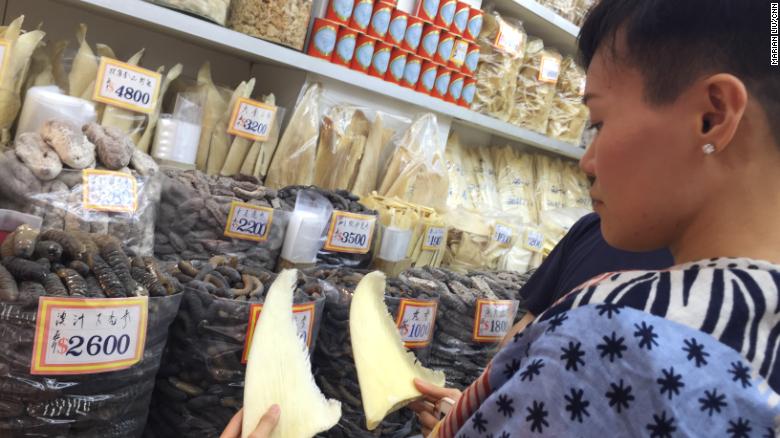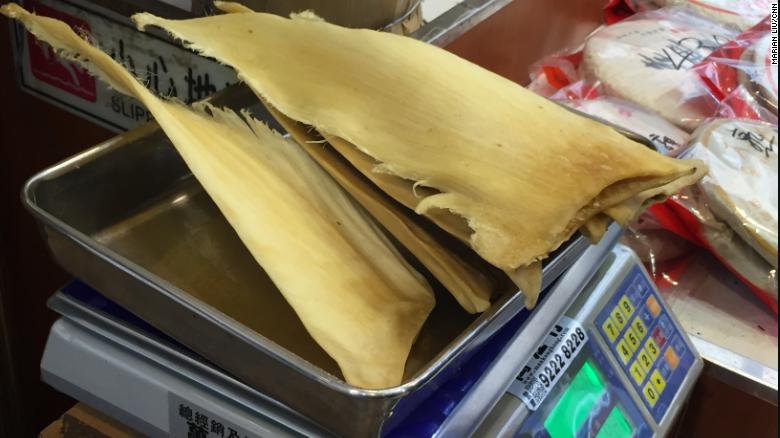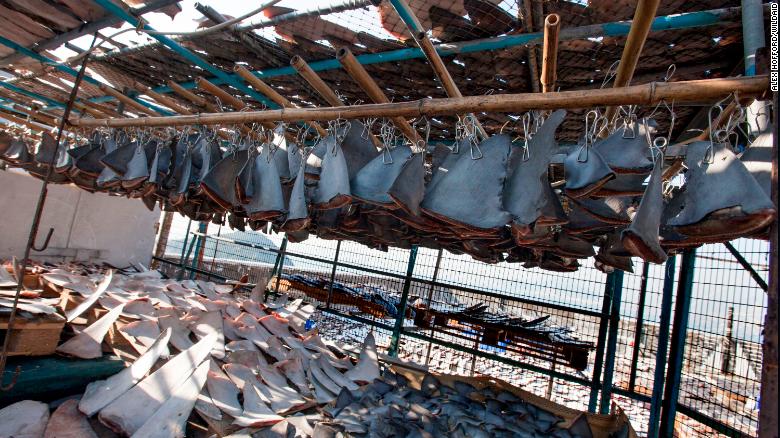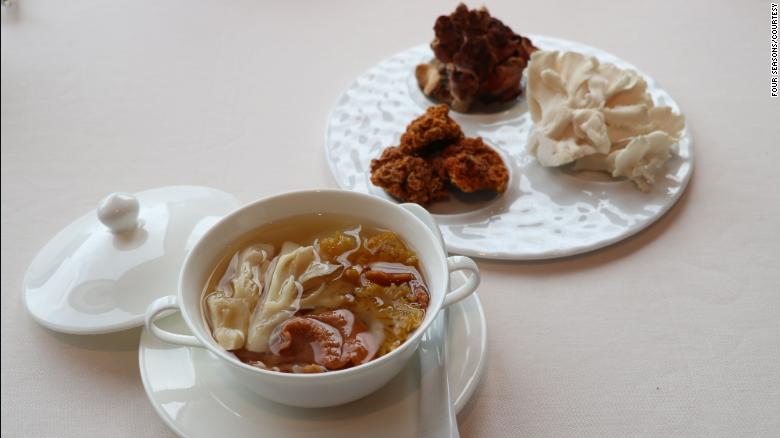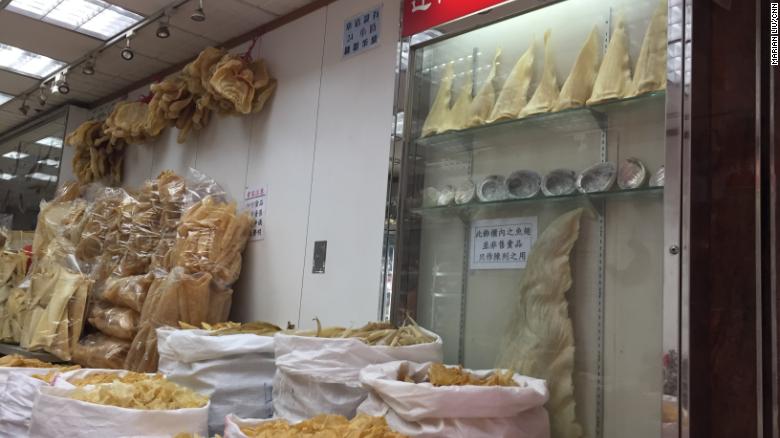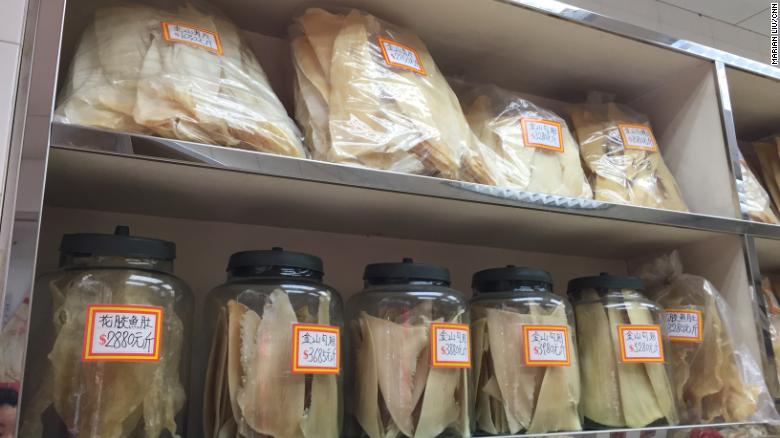China’s push to export traditional medicine may doom the magical pangolin
By Simon Denyer
July 21
In a rescue center, the pangolin slowly wakes and uncurls, sniffing out a nighttime feast of ants’ eggs, then lapping it up with its implausibly long tongue. One of 74 pangolins rescued from the back of a truck in Vietnam in April, its survival has defied the odds.
This almost mystical creature, looking like a cross between an anteater and an armadillo but unrelated to either, is the world’s most trafficked mammal: A million of them are thought to have been poached from the wild in just a decade.
Already almost wiped out in China, the pangolin is fast disappearing from the jungles of the rest of Asia and, increasingly, from Africa to supply China’s booming market in traditional medicine.
Now, as China pushes to export traditional medicine around the world under the umbrella of its Belt and Road investment plan, many wildlife experts fear that the animal faces extinction — unless something changes very soon.
“Traditional Chinese medicine should be a healing force for good, but not at the expense of animal cruelty or the extinction of species,” said Iris Ho, wildlife program manager at Humane Society International.
China’s decision to ban the ivory trade at the end of last year gave hope to those battling elephant poaching, “but the real litmus test lies within China’s action — or lack of action — in pangolin conservation,” Ho said.
The air of mystery attaching to the reclusive pangolin has been its downfall, sparking an unjustified belief that its scales have magical medicinal properties. In hospitals and pharmacies across China and Vietnam, powder made from pangolin scales is prescribed for an impossibly wide range of ailments, including rheumatism, wound infections, skin disorders, coronary heart disease and even cancer.
Mothers take powdered pangolin scales to help them lactate, while men drink pangolin blood or consume fetuses in the belief that this will make them more virile.

A woman shops on a Hong Kong street popular for dried foods used in traditional Chinese medicine and dishes including deep-fried scales of endangered pangolins. (Dale de La Rey/AFP/Getty Images)
The use of pangolins in Chinese medicine dates back thousands of years. A 16th-century document recommends eating their scales to reduce swelling, invigorate blood circulation and promote lactation. A 1938 article in Nature suggests they were used to treat malaria, deafness, “hysterical crying” in children and women possessed by “devils and ogres.”
In fact, the scales are made of keratin, a fibrous protein that is the main ingredient of hair, feathers, claws and hoofs throughout the animal kingdom; patients might as well chew their own fingernails.
Pangolins are also served at the dinner table, despite a ban on pangolin meat in China imposed during the 2002-2004 SARS epidemic amid fears that exotic meats could spread disease.
The pangolin is the world’s most trafficked mammal: A million of them are thought to have been poached from the wild in just a decade. (Paul Hilton for WildAid)
In late 2016, all eight species of pangolin were listed in Appendix I of the Convention on International Trade in Endangered Species (CITES), making all international trade in them illegal. But that does not obligate China or Vietnam to curb domestic trade — except to the extent that such trade now relies mostly on sources abroad.
Customs officials make regular seizures at China’s ports, but the very size of those captures makes depressing reading: In the southern city of Shenzhen, 13 tons of scales were seized in November alone, representing tens of thousands of slaughtered pangolins.
Nocturnal and solitary, the pangolin has an effective defense against most predators — even lions can’t work out what to do when the animal rolls up into an armored ball. Its English name comes from the Malay word “pengguling,” which means rolling ball; its Chinese name, chuanshanjia, refers to its supposed ability to “bore through mountains,” a reference to the powerful claws that dig into anthills and termite mounds before that sticky tongue gets to work.
Pangolin mothers carry their young on their backs for the first three months and curl up around the babies if attacked until the young ones’ scales are sufficiently hard.
But the sensitive pangolin adapts poorly to captivity, almost always dying in a few months or years because of stress, disease or digestive problems without reproducing. Secretive pangolin “farms” in China are basically fronts for trafficking operations, experts say.
Conservation groups are trying to reduce demand by educating people about the dangers facing the pangolin and better ways to treat human disease than by consuming animal keratin.

A veterinarian with Save Vietnam’s Wildlife holds an injured pangolin. The false belief that pangolin scales and other parts have magical medicinal properties has fueled a trade that threatens the creature’s survival. (Hoang Dinh Nam/AFP/Getty Images)
The China Biodiversity Conservation and Green Development Foundation, a nonprofit group, has publicly exposed people selling or consuming pangolin meat, including a Chinese businessman who boasted online of enjoying “pangolin blood fried rice” on a trip to Vietnam. After a backlash on social media, he was sacked.
WildAid, whose use of Chinese celebrities to curb demand for ivory and shark fin soup has achieved considerable success, is trying the same approach for pangolins, enlisting the actors Jackie Chan and Angelababy in China and former Miss Universe Pham Huong in Vietnam to front publicity campaigns. It is also trying to persuade traditional-medicine practitioners to use alternative treatments.
Almost wiped out in China, the pangolin is disappearing from the jungles of Asia and also from Africa, to supply China’s traditional medicine boom. (Paul Hilton for WildAid)
Peter Knights, WildAid’s founder, argues that traditional Chinese medicine needs to stop using endangered wildlife products if it wants to become more accepted globally.
“If you want to expand it, you’ve got to clean it up,” he says, citing as precedents the removal of tiger bone and rhinoceros horn from China’s list of approved medicinal ingredients.
But surveys by the Aita Foundation and Humane Society International and by the U.S. Agency for International Development Wildlife Asia project suggest that the message is not yet getting through to the small but significant percentage of Chinese who still consume pangolin products.
Changing minds will not be easy as long as China’s government promotes the “medicinal” use of pangolin scales. Authorities claim to have a stockpile from which they supply hospitals and pharmacies with 26 tons of scales every year but offer no transparency about that process, effectively legitimizing the entire smuggling trade.
China also sparked controversy at a recent CITES meeting by arguing that it should have the right to purchase stockpiles of scales from other countries that were amassed before the Appendix I listing, an interpretation of the convention’s rules not shared by the United States or many other nations.
Meanwhile, on Vietnam’s border with China, powerful criminal gangs control the trafficking of people, drugs and wildlife products, bribing officials to turn a blind eye.
Scott Roberton of the Wildlife Conservation Society in Vietnam says it is hard to convince Asian governments of the importance of saving pangolins, as compared to elephants, rhinos and tigers. He hopes to gain traction by stressing how pangolin trafficking is caught up with other forms of transnational crime and by highlighting the public-health risks of the trade.
But the odds are steep. China’s traditional-medicine authorities have unveiled an ambitious plan to expand along the Belt and Road trade routes, with 57 international cooperation projects due to get underway this year.
And reports of Chinese companies’ trying to open pangolin “farms” in Africa, and of scales being prescribed by Chinese doctors in places as far-flung as South Africa and the United States, have intensified conservationists’ fears.
Nguyen Van Thai, who founded Save Vietnam’s Wildlife and runs the rescue center in Cuc Phuong National Park, says there is still no good strategy for curbing demand for scales or convincing the Chinese government that its support for the pangolin trade could damage its global reputation.
“China wants to show its power,” he said. “The more pressure you put on them, the more they resist.”
Liu Yang in Beijing contributed to this report.




 Reply With Quote
Reply With Quote


